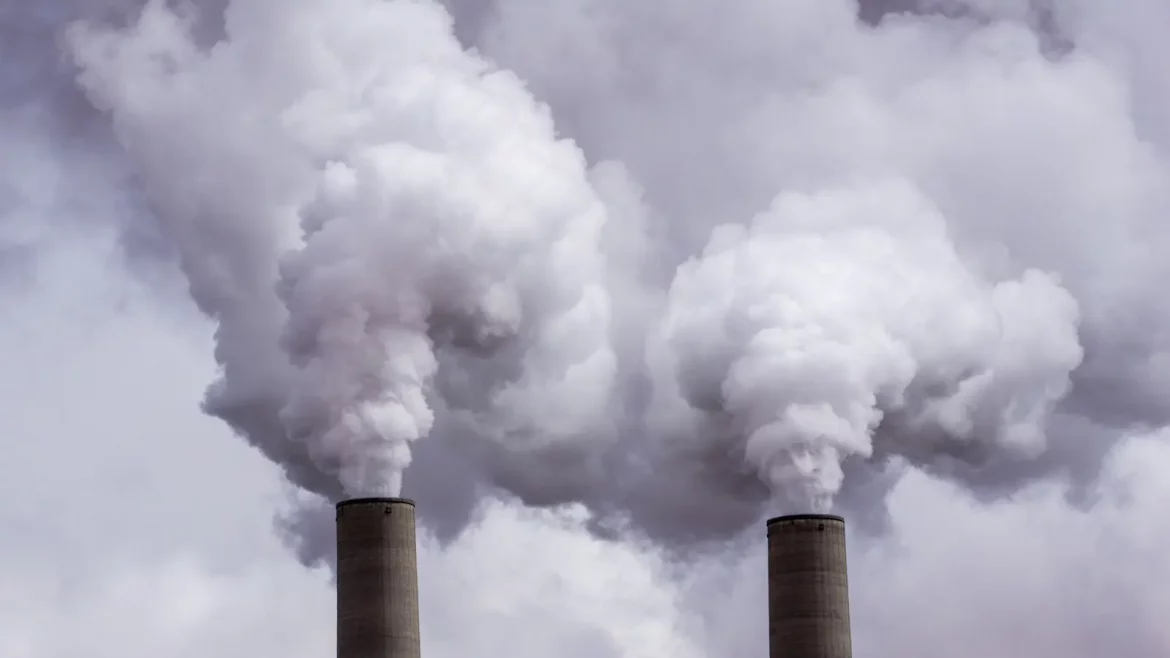A new analysis that provides the first measurement of nations’ liability in stoking the climate crisis has shown that the US has inflicted more than $1.9tn in damage to other countries from the effects of its greenhouse gas emissions.
The analysis— by Dartmouth researchers— found that the huge volume of planet-heating gases which are pumped out by the US, the largest historical emitter, has caused harm to mostly poor countries through heatwaves, crop failures and other consequences amounting to $1.91tn in lost global income since 1990.
According to reports, this puts the US ahead of China, which is currently the world’s leading emitter, Russian, India and Brazil as the next largest contributors to global economic damage through their emissions.
Read also: Australia, US sign net-zero partnership
These five leading culprits combined are said to have caused a total of $6tn in losses worldwide, or about 11% of annual global GDP, since 1990 by fueling climate breakdown.
A researcher at Dartmouth College and lead author of the study, Chris Callahan described as huge the overall economic loss. He said “It’s not surprising that the US and China are at the top of that list but the numbers really are very stark. For the first time, we can show that a country’s emissions can be traced to specific harm.”
To undertake the analysis, the researchers combined several different models which showed factors such as emissions, local climate conditions and economic changes, to ascertain the precise impact of an individual country’s contribution to the climate crisis.
They looked for these links over a period spanning 1990 to 2014, with the research published in the journal Climatic Change and found that rich nations in northerly latitudes, such as those in North America and Europe, have done the most to fuel climate change but have not yet been severely harmed by it economically.
They further found that countries such as Canada and Russia have even benefitted from longer agricultural growing seasons and reduced deaths from the cold as winters have warmed.
The analysis also found that although poorer countries, such as those found in the tropics or low-lying Pacific islands have done the least to harm other nations, they are suffering the brunt of the economic damage from climate change.
The research didn’t factor in things not included in GDP, such as biodiversity loss, cultural harm and deaths from disasters, meaning the damage is far greater.
In his reaction, a geographer at Dartmouth and co-author of the paper, Justin Mankin said that “In places that are already hot you are seeing it becoming harder to work outside, mortality from the heat is on the rise, it’s harder to grow crops,”. “If you layer that on top of which countries have emitted the most you get an almost perfect storm”.
Story was adapted from the Guardian.
